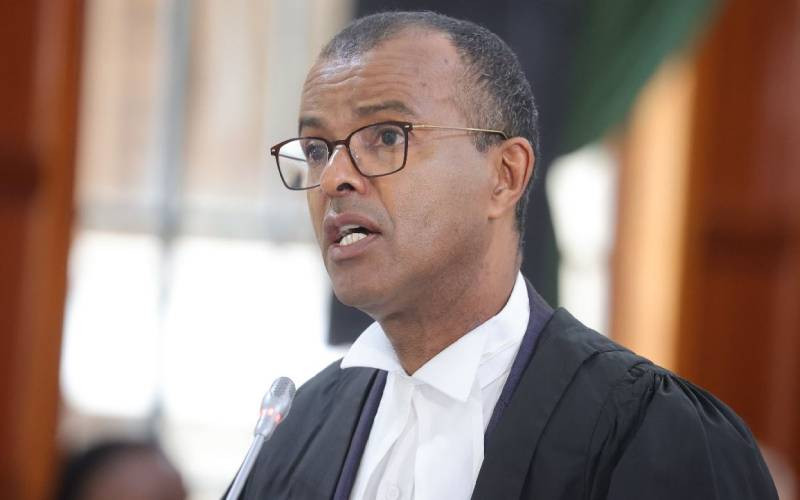×
The Standard e-Paper
Join Thousands Daily

On the first day of the trial of the presidential election petition, lawyers representing the petitioners have made allegations that taint the technology used by the IEBC during the August 9 polls.
Petitioners Raila Odinga and Martha Karua argue the technology used by IEBC was corrupted, manipulated and tainted.